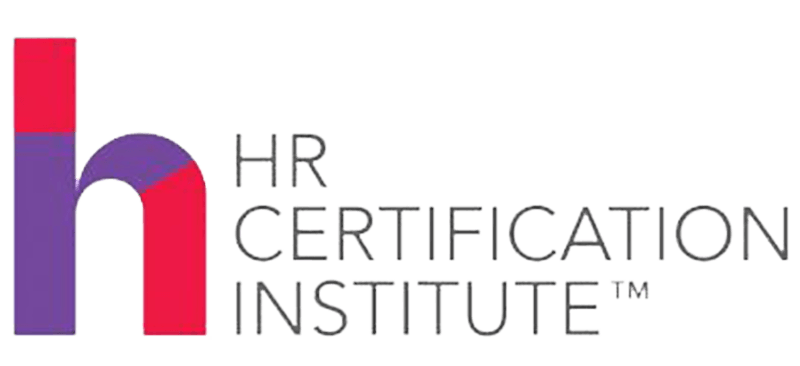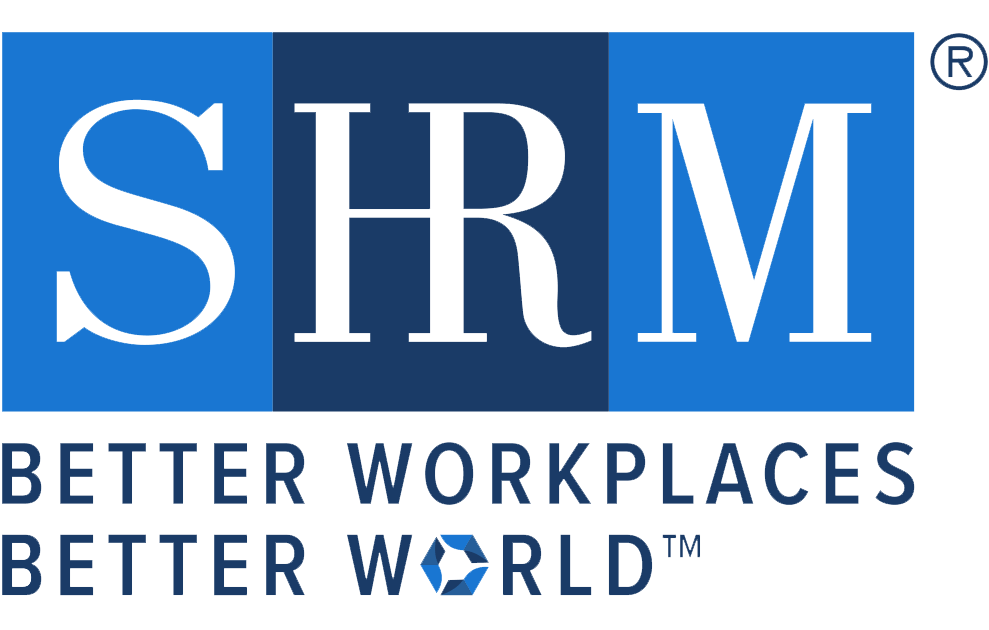Honesty Test for Employers: Assessment to Hire the Best
There’s nothing more disappointing than hiring an encouraging candidate, only to find they’re not the person they claimed to be. Too often, recruiters take candidates at face value and end up surprised when those hires turn out to be dishonest. When you don't use an , you risk hiring individuals who may harm your business, leading to wasted time and financial losses.
As Warren Buffett famously said, integrity is far more critical than intelligence or self-motivation when searching for talent. In his words, “If you hire someone without integrity, you really want to be dumb and lazy.”
An honesty test is a powerful tool that hiring teams can use to attract, hire, and retain great employees. Not only is an integrity test effective at filtering out risky candidates, but it’s also low-cost, quick to implement, and easy to scale within your existing hiring process.
Use our pre-employment honesty quiz below to screen your new hires and ensure you’re onboarding people of sterling quality. Feel free to copy and paste the questions — we’ve also provided an answer key and best practices to help you maximize the test’s effectiveness.
Use the honesty test below to screen your candidates
or let The Hire Talent do it for you. We’ll screen for honesty, problem solving, interpersonal, communication, and a host of other skills to pre-qualify your job candidates automatically.
An honesty test is a pre-employment assessment tool used to screen candidates based on their trustworthiness and reliability. Despite common beliefs, an honesty test doesn’t assess whether a candidate is infallible. It gauges whether they tend to tell the truth about themselves — flaws and all.
As humans, we all make mistakes. But an honesty assessment ensures the people you hire will be candid about their mistakes rather than sweep them under the rug. By cultivating a workforce of honesty, you ensure that your people feel confident in their roles and are driven to succeed.
The following honesty assessment questions and answers aim to measure how truthful a new hire would be on the job. Each question presents the test taker with basic “human” scenarios and prompts them to answer honestly. The more honest their answers, the higher their overall score.
Correct answers are highlighted.
1. I’ve made mistakes while working a prior job.
- True
- False
- Middle
Answer: A. From sports stars to media moguls, everyone makes mistakes. This question tests to see if candidates will admit a tendency that all humans have experienced.
2. I’ve never told a lie in my life.
- True
- False
- Middle
Answer: B. The above case isn’t just unrealistic — it’s nearly impossible. This question challenges test takers to be candid and realistic about their own life experiences.
3. In the past, I’ve exaggerated an ability of mine to further my career.
- True
- False
- Middle
Answer: A. Anyone who has embellished a bullet on a resume is guilty of the above. This question prompts candidates to be honest about their professional career and drive.
4. I’m likely to be biased toward a co-worker I’m friendly with.
- True
- False
- Middle
Answer: A. It’s natural for people to treat friends differently than acquaintances, regardless of whether it’s “right” to do so. This question asks test takers to admit the biases that occur in everyday life.
5. I’ve encountered setbacks or failures in my career.
- True
- False
- Middle
Answer: A. Failure is the fuel for growth, no matter your profession or industry. This question asks candidates to be honest about a statement that is true of all working professionals.
6. There are past projects I wish I could have done better.
- True
- False
- Middle
Answer: A. Candid retrospection is critical to any employee’s growth and success. This question assesses applicants’ honesty, vulnerability, and drive.
7. My professional skills are at their peak.
- True
- False
- Middle
Answer: B. The adage “nobody’s perfect” is famous for a reason. This question gauges candidates’ honesty, as well as their aptitude for learning and development.
8. I’ve never had a bad day at work.
- True
- False
- Middle
Answer: B. This statement is unrealistic for anyone who has worked for an extended period of time. The question gauges whether applicants are up front about completely natural emotions.
9. To avoid conflict, I’ve agreed with someone even if I personally disagreed.
- True
- False
- Middle
Answer: A. Sometimes, there’s just no convincing someone about a personal belief or opinion. This question asks test takers to be honest about a common method of de-escalation.
10. In the past, I’ve acted in my best interests at the expense of another person.
- True
- False
- Middle
Answer: A. If you’ve ever refused to stow a bag on an airplane, you’ve acted out of self-interest. This question challenges examinees to be candid about a potentially selfish action.
How to Test Applicants for Honesty

Testing for integrity isn’t always the easiest thing. Certain candidates — namely, those you’d like to screen out — may try to lie to cover their dishonest tendencies. With the right process, however, you can test anyone for honesty.
Here are four steps to make the process simpler:
1. Use reliable interview questions to test for honesty.
Specifically, you’ll want to ask questions that are tested to be reliable and free from bias or adverse impact. For instance, the test questions above were screened against a wide sampling of job seekers, with misleading or ineffective questions replaced with more objective, effective ones.
2. Administer the assessment via an intuitive user interface.
Candidates may have trouble completing an honesty quiz if the assessment itself is unintuitive. Use an interface that is accessible and stress-free, and make sure applicants can easily view questions, log their answers, review, and submit.
3. Collect and store applicant responses securely.
Use a secure connection and an encrypted server whenever collecting candidate data. By ensuring confidentiality for all applicants, you increase the odds they’ll complete the assessment and do so honestly.
4. Be consistent when scoring applicants.
It’s important to employ a grading rubric (like the one above) when assessing candidates. Be consistent in how you assess what “good” looks like in terms of candidate integrity. Otherwise, you run the risk of hiring bias.
Benefits of Integrity Testing

Many recruiters fall into the same trap: They prioritize a candidate’s resume or charisma over their character. This can lead to a mis-hire — or, worse, a risky or outright dangerous hire.
By administering an integrity test, you can reduce:
- Turnover
- Employee theft
- Substance abuse
- Workplace conflicts
- Absenteeism
- Lawsuits
- Low productivity
- Disruptive behavior
- Customer complaints
Why Is Honesty Test Important For Employers in the Workplace?

Honesty is important because it’s fundamental to workplace productivity. When co-workers are transparent about their flaws and mistakes, teamwork and trust increase. That’s important, because trust is correlated with higher productivity, better products and services, and a healthier bottom line.
Consider the inverse: When employees are dishonest, trust is broken. You can’t rely on untrustworthy employees, which means you can’t consistently advocate for their work or ideas. Not only can this stifle innovation, but it can also cause the team to become toxic or disengaged.
How We Created Honesty Test for Employers
The honesty assessment above was developed based on a set of rigorous validity measures, including:
- Content Validity
- Construct Validity and Reliability
- Criterion Validity
The questions were written, then administered to a large sample group to verify their reliability and fairness. Through statistical analyses, we refined the question pool, further analyzing the test to ensure that it was accessible and bias-free. The result is a set of questions validated to screen applicants for honesty with a high success rate. For HR Professionals these tools are both predictive and do not discriminate or cause an adverse impact making them fantastic tools for building more Diverse, Equitable and Inclusive workforces
What Roles Need Integrity Testing?

Almost all jobs require honesty, but there are particular roles where it’s essential. The following functions involve job roles where employees must be either reliable (e.g., healthcare, security), truthful (e.g., retail, distribution), or professional (e.g., sales, customer service):
- Accounting
- Civil Engineering
- Construction
- Customer Service
- Data Security
- Distribution
- Finance
- Government
- Healthcare
- Information Technology
- Leadership and Management
- Manufacturing Logistics
- Mechanical Engineering
- Public Relations
- Retail
- Sales
- Security
- Software Engineering
- Warehouse Fulfillment
- What role is it not important for????
Types of Honesty Tests For Employers

There are a variety of honesty tests available to hiring teams. The test you select depends on the role you’re filling.
IntegrityFirst
The Hire Talent’s IntegrityFirst test is designed to measure integrity in frontline workers, including those in healthcare, construction, retail, and hospitality.
Attitude and Integrity
Another option available to recruiters is the Attitude and Integrity test. This assessment measures candidate sentiment toward their work, via an honesty scale.
Integrity
The Hire Talent also provides a shorter integrity test, titled Integrity, which assesses candidates based on positivity and honesty.
Summary
An honesty test is a critical tool when screening candidates for jobs that require a high degree of integrity, reliability, or autonomy. By administering an integrity assessment like the one above, you can reduce the likelihood of a risky hire and improve your organization’s bottom line.



